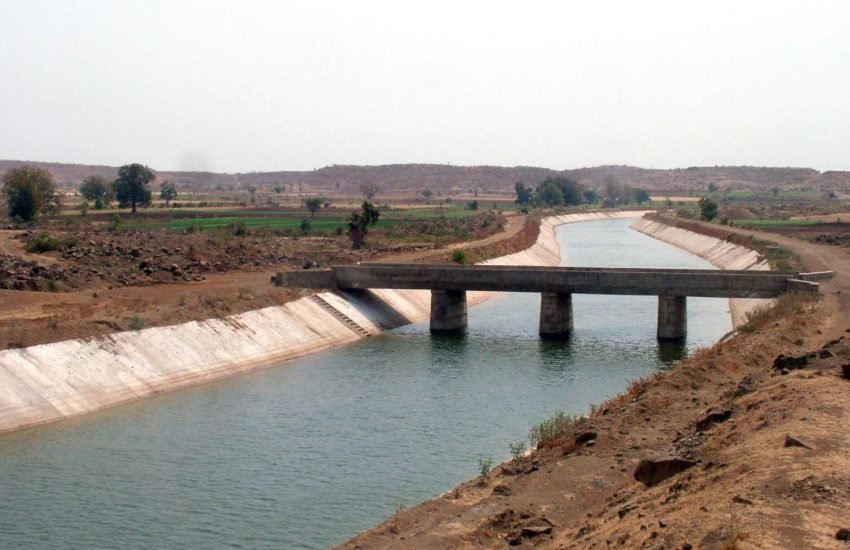Irrigation means artificially supplying water to raise crops in farms. Irrigation has its own benefits as well as ill effects.
Necessity of Irrigation
The main purpose of irrigation is to combat the potential drought and thus insuring the perennial crops. The other purpose of irrigation is to grow perennial crops. In India, there are many states which have water scarcity. So, it is necessary to supply water artificially.
Irrigation also allows growing superior crops.
One other reason for irrigation is to increase the yield of crops. Its like ‘the more the merrier’. If one has more resources output will be more, in this case, the yield of crop is more.
Irrigation encourages farming of cash crops like sugarcane, wheat, rice, cotton, oil seeds etc.
Benefits of Irrigation
- Protection from famine: Storage of water during the rainy season in check dams or storing water of river by building dams across them ensures worry free season of drought or famine.
- Generation of Hydroelectric power: Dams are built generally multipurpose. We can generate electricity by installing turbine in canal or at the dam site.
- Inland Navigation: The canal network, if big enough, could be used for Inland navigation.
- We can attract tourism on dam site.
- We can create fish culture in the canal.
Ill effects of Irrigation
As there are benefits of irrigation, there are also ill effects of irrigation which are inevitable.
- Water logging: Cultivators (farmers) have a tendency to use more water than usual for raising crops as they believe that water is abandoned.This could lead to rising in water table because of infiltration. If farmers use fertilizers, then land becomes saline and consequently unfit for farming.
- Mosquitoes Nuisance: Water logged area attracts mosquitoes as they are the favourable for their growth.
- Pollution of ground water: If more water is applied to farms, it will lead to penetrate more fertilizers into the ground. This could lead to pollute the ground water.
- Damp Climate: More the spread of water on ground more will be the evaporation and evapotranspiration. That causes damp and undesirable climate.
Following are some interesting articles-
Civil engineering interview questions for professionals
Project Ideas for final semester B.Tech. or Diploma Civil Engineering
Types of contract in contracts in Construction Industries
What is Aquifer, Aquiclude, Aquitard and Aquifuge?
